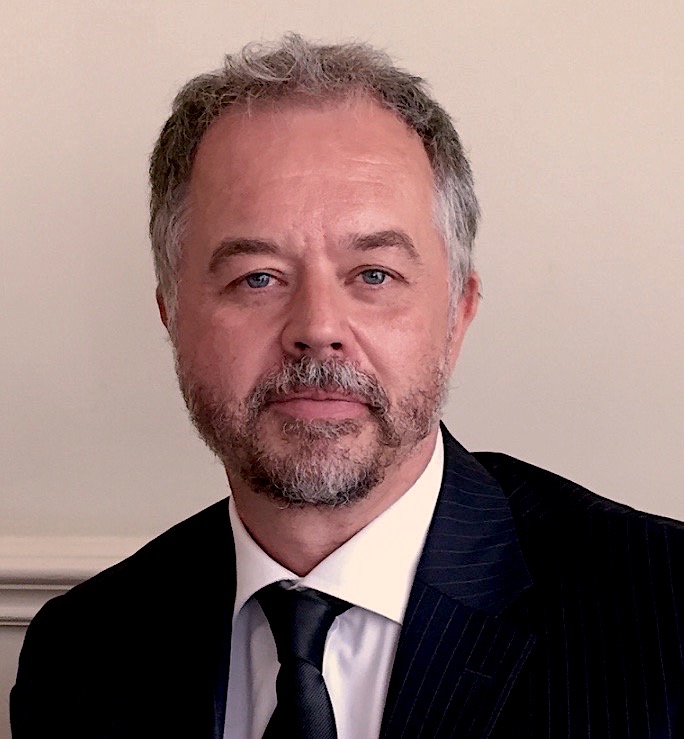Professor Steven Percival

| Early in his career, Steven held microbiology positions at North West Water Ltd, Phenomenex Ltd, British Textile Technology Group Ltd (Leeds and Manchester) and later for 5 years as a university senior lecturer in medical microbiology and consultant to numerous government bodies and industrial companies. In 2002, Steven became head of anti-infectives R&D at Aseptica Inc. and was also awarded a prestigious Centers for Disease Control (CDC) senior clinical microbiology fellowship in Atlanta, USA to investigate and develop next generation antimicrobial and anti-biofilm technologies for infection control and healthcare applications.
As part of this fellowship, Steven also worked at the Medical Microbiology Department at Leeds General Infirmary (NHS – Leeds University Hospitals). For the last 20 years, he has held a number of senior management and Vice President positions in global R&D in Bristol Myers and Squibb, ConvaTec Group, Advanced Medical Solutions Plc, Scapa Healthcare Plc, T-EDTA Ltd and most recently the 5D Health Protection Group Ltd, a ISO 13485, ISO 9001 and UKAS 17025 Microbiology and Medical Device Contract Research Organisation (CRO). At 5D, he holds the position of Chief Executive Officer and Director of the Centre of Excellence in Biofilm Science and Technologies (CEBST). Steven is also an honorary Professor at The University of Liverpool, awarded to him in 2012 and The University of Manchester, awarded to him in 2022. He was editor of the Journal of Medical Microbiology (2010-2018) and sits on the editorial board of many other microbiology and scientific journals. He has written over 470 scientific publications and conference abstracts and edited/authored seven textbooks on biofilms, microbiology, wounds and infection prevention/control and provided over 350 presentations worldwide. He has secured over £20+ million pounds funding for research on biofilms, wound infections, antimicrobials, diagnostics, and infection control from various research councils (EPSRC, BBSRC etc), innovate UK and industry. He holds many anti-biofilm and anti-infective patents and has commercialised a variety of medical devices, including wound dressings, which have made a significant impact on patient outcomes. He also sits on many international microbiology and infection panels and advisory boards including the National Biofilm Innovation Centre (NBIC) and International Wound Infection Institute (IWII). Advances in surgical wound management and reducing Surgical Site Infection (SSI) advanced study dayBiofilms – a clinical challenge?Abstract Biofilms are described as aggregates of microorganisms embedded in a matrix of extracellular polymeric substances (EPS) particularly when observed within the in vitro environment. The EPS of the biofilm is very complex and very immunogenic and often constitutes over 80% of the volume of the biofilm. EPS is composed of polysaccharides, proteins, extracellular DNA, and metal ions, particularly calcium, magnesium, and iron. Within the in vivo environment biofilms can be found attached to the host or foreign body surfaces or within tissue of both acute and chronic wounds. The microbes that grow with a biofilm have been reported to have both altered growth and behaviours that are significantly different to their free floating or planktonic counterparts. Microbial cells found within biofilms are reported to exhibit recalcitrance towards most antimicrobials even when these are administered at therapeutic levels. The biofilm itself also enhances the tolerance of the embedded microbial cells to antibiotics and can inherently resist immunological clearance. Consequently, this has led to a growing concern in healthcare and the risk of infection. In both acute and chronic wounds biofilms are known to delay the healing rates and fundamental in increasing a patient’s propensity to reoccurring infections. |














